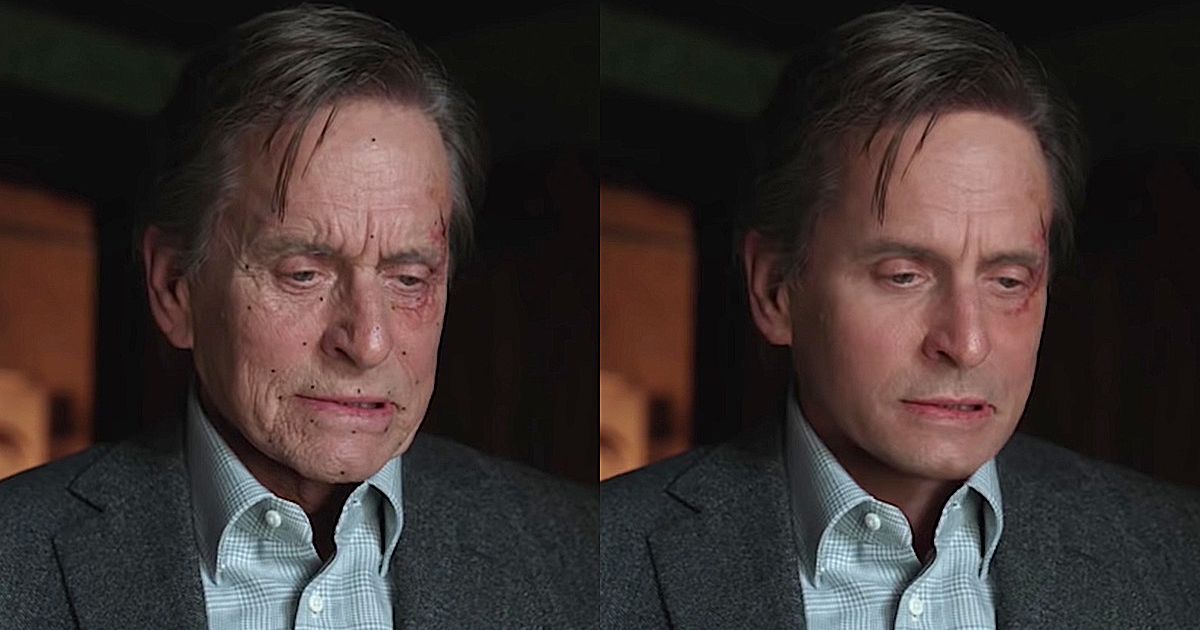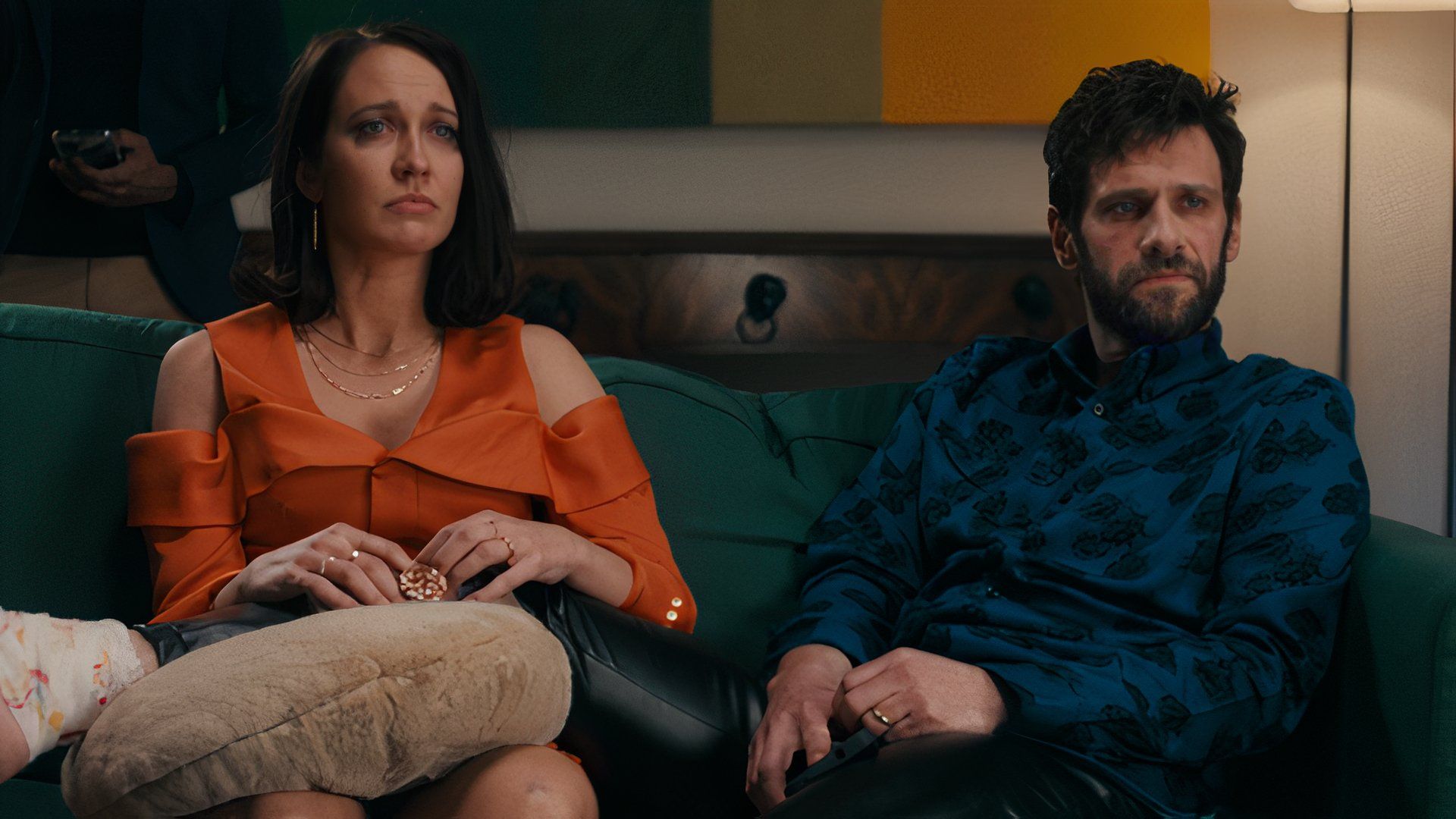The precision of this movie’s character-based comedy makes sense—and becomes even more impressive—when the end credits reveal that it’s Heller who plays Clemence. The story has such affection for all of its characters, and that feels to come from an emotional savviness. Despite ample opportunities, no one is treated like a device. Clemence’s actions, sometimes hurtful to the people around her, or herself, are often uncomfortable. But the tone suggests intrinsic understanding. This is a carefully made film that has its own BS detector, which also makes sense when you learn that Heller based this project on her own experiences with mental health.
Throughout Clemence’s emotional journey, Heller uses the rhythm of a comedy. It’s key, then, how Clemence’s sardonic nature does not come off as simply quirky, but as a thick shield. It’s funny to see her grandstand whenever she thinks she can hold her condition over someone; it’s also a bit sad. Both are possible. Clemence is a nuanced force on paper, and Heller’s electric performance makes her even easier to appreciate.
At home, Clemence has meaningful clashes with her siblings. The tension she shares with each of them reveals what the siblings are afraid of: Carlin (Emily Robinson) is worried that she’ll become like her sister and thinks a good ACT score will help prevent that. Wyatt Oleff’s Neil, the youngest sibling, is learning to stand up for himself in a house of confrontation. But he’s hesitant of Clemence’s orbit, and is afraid of what her condition could do to the family as a whole.
Steve Buscemi and J. Smith-Cameron have supporting parts as Clemence’s mother and father. To see these revered actors in this movie almost feels like an endorsement itself, and they give back to the script with their grace. Buscemi is endearingly funny as he tries to connect with Clemence by sharing his life as a school teacher, only to be shot down. And Smith-Cameron is sweet in scenes in which she tries to share something that has helped her life balance, yoga. These two also get one of the film’s biggest laughs, in a scene where they address their children, with Clemence’s condition the elephant in the living room. “You’re winners, and always welcome here,” Buscemi says. To which Smith-Cameron replies, “Don’t say that, Don. It isn’t true.” And that’s coming from one of the movie’s warmest characters.
Other movies have been careless about mental illness; others have been too serious. It’s as if Heller wrote, directed, and starred in “The Year Between” partly to show that a daring dramedy like this can be made, and tactfully. It’s incredibly tricky, but when done just right, it’s proof of a major talent.
Now playing in select theaters and available on VOD.
You can view the original article HERE.





























